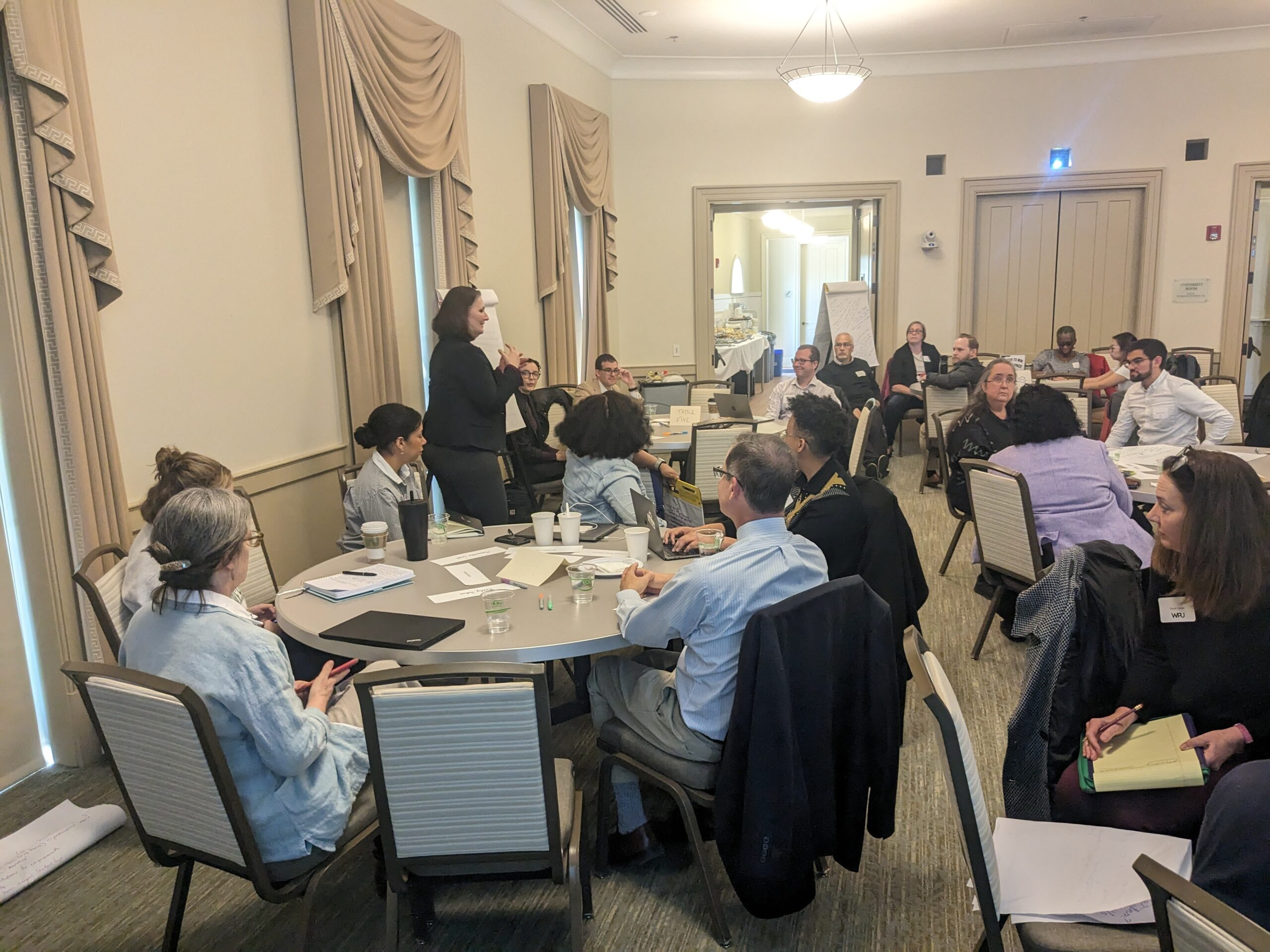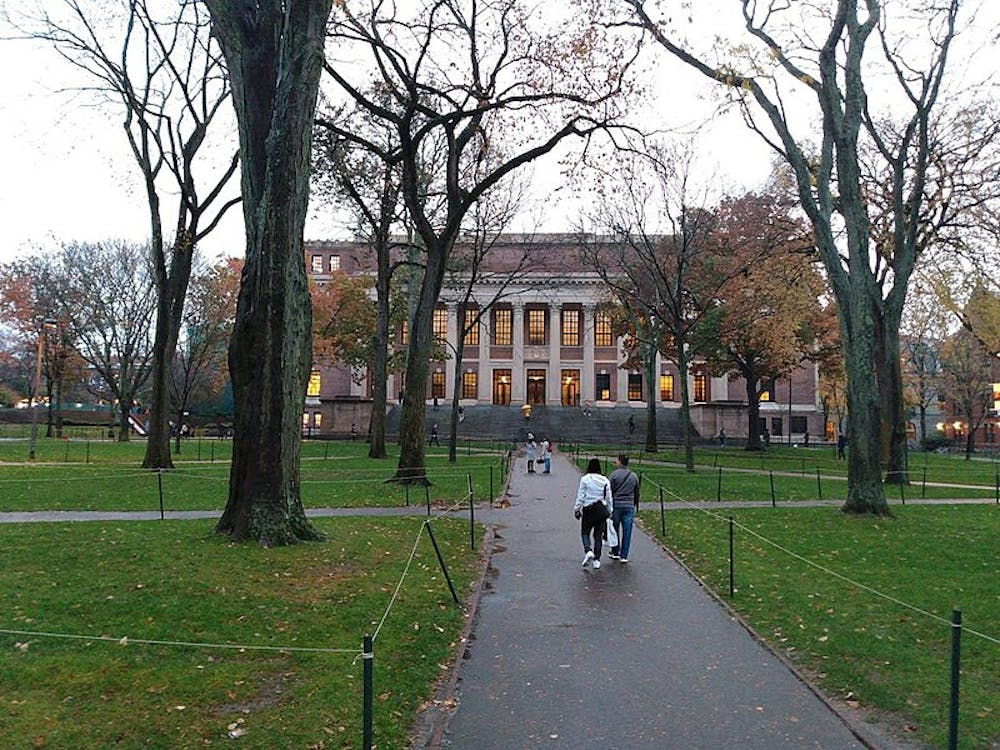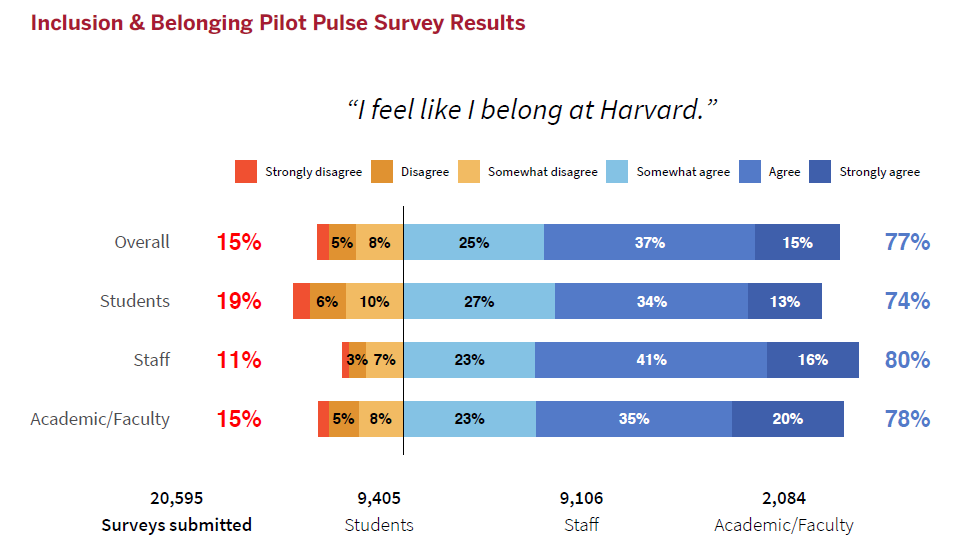Campus Discourse plays a pivotal role in shaping the conversations that define our college environments today. As social media influence expands, the dynamics of ethical conversations on campuses are evolving, presenting both challenges and opportunities. These college campus discussions often showcase diverse perspectives, but are increasingly threatened by echo chambers created by digital platforms. In this context, fostering an open exchange is crucial to ensuring that students can engage honestly and constructively with one another. Understanding the complexities of these interactions helps illuminate the path toward more meaningful discourse in an age dominated by social media.
Institutional dialogue is essential in today’s educational spaces, where the impact of online platforms is profoundly felt. The challenges of navigating moral discussions among students are growing as digital communication alters the landscape. Current academic exchanges need to prioritize fostering diverse viewpoints while allowing for deeper engagement beyond superficial interactions. Enhancing discussions on campus goes hand-in-hand with nurturing environments capable of supporting open communication. Thus, redefining how we approach these vital conversations will help cultivate a richer intellectual community aligned with the values of higher education.
The Impact of Social Media on Campus Discourse
Social media plays a pivotal role in shaping the discourse within college campuses today. It serves as both a platform for inclusive discussions and a potential echo chamber for like-minded individuals. On one hand, students leverage social media to connect across ideological boundaries, creating opportunities for dialogue that may not occur in person. On the other hand, the algorithms designed to curate content often limit exposure to diverse perspectives, leading to a polarized environment where students may feel intimidated to express dissenting opinions.
This duality of social media’s influence raises significant questions about the nature of dialogue happening in academic settings. While platforms like Twitter and Instagram can spread awareness about important social issues, they can also perpetuate divisiveness. The reliance on quick, emotionally charged messaging often overshadows deeper, ethical conversations that are essential for academic discourse. Engaging in thoughtful discussions that challenge prevailing narratives becomes increasingly complex in an age dominated by soundbites and sensationalism.
Ethical Conversations in Higher Education
The recent Ethics IRL series at Harvard prompts critical reflection about the ethical dimensions of campus discussions. As moderator Nien-hê Hsieh highlighted, the dynamics of anonymity significantly influence how students share their thoughts. Ethical conversations thrive in environments where individuals feel safe to express authentic views without fear of backlash. Therefore, fostering a culture of trust and respect is crucial for meaningful exchanges to take place.
Moreover, ethical conversations in academia should aim to balance freedom of expression with the responsibility of defending one’s stance. It is essential for students to engage with challenging topics while backing their arguments with evidence. In this regard, institutions have a unique role in guiding discussions to ensure that they remain respectful and anchored in reason. By promoting ethical discourse amidst diverse perspectives, colleges can cultivate a more inclusive environment where students learn not only to articulate their views but also to hear and comprehend opposing ones.
Navigating Diverse Perspectives in Modern Discourse
The challenge of navigating diverse perspectives is particularly pertinent in today’s educational landscape. College campuses are microcosms of society, where students from varied backgrounds come together to exchange ideas. This diversity enriches discussions but can also create friction, especially on contentious topics such as immigration or national identity. The insights from panelist Soleil Golden emphasize that the intersection of social media and education can serve as a double-edged sword in this context.
To effectively engage with diverse perspectives, students must be willing to step outside their comfort zones and seek out dialogues with those who hold differing opinions. The ability to empathize and understand various viewpoints is a critical skill that can lead to personal growth and a more nuanced understanding of complex issues. Sometimes, the most profound learning comes from conversations that challenge our preconceptions, underlining the importance of maintaining open channels of communication despite differing beliefs.
Fostering Open Exchanges on College Campuses
Creating an environment conducive to open exchanges is fundamental to the mission of educational institutions. Rakesh Khurana’s emphasis on the university’s goal to pursue ‘Veritas’ highlights the importance of presenting multiple viewpoints as part of a broader educational experience. Distinguishing between free speech and the need for reasoned argumentation in academic discussions ensures that dialogue remains productive and rooted in critical thinking.
Students can play a vital role in fostering this environment by proactively engaging in conversations that prioritize listening and understanding. Encouraging more face-to-face interactions, as discussed by Brody Douglass, can lead to deeper connections and a better grasp of contrasting opinions. The push for in-person discussions could mitigate the depersonalizing effects of social media, allowing for richer, more humane exchanges that empower students to articulate their thoughts thoughtfully and respectfully.
The Role of Influencers in Campus Discourse
Influencers hold a unique position in shaping college campus discourse, particularly through social media. With large followings, they have the ability to spotlight important issues, challenge societal norms, and encourage engagement among students. Soleil Golden’s experience exemplifies how influencers can spark conversations and inspire peers to participate in ethical discussions that may otherwise remain dormant in traditional academic settings.
However, the influence of social media personalities also raises ethical considerations regarding the authenticity and depth of their impact. As influential voices shape narratives, it’s critical for followers to remain discerning consumers of information. The challenge lies in promoting genuine engagement, where influencers encourage meaningful dialogue rather than simply presenting oversimplified perspectives for likes or shares. Ultimately, influencers should strive to harness their platforms for fostering informed and substantive discussions that extend beyond fleeting trends.
Algorithmic Influence on Student Interactions
The role of algorithms in shaping students’ interactions cannot be overstated, particularly in the age of social media. As Yaёl Eisenstat pointed out in the Ethics IRL panel, algorithms often create silos that limit exposure to contrary viewpoints, making it easier for students to retreat into echo chambers. This phenomenon raises significant concerns about the quality of discourse on college campuses, as students may only engage with ideas that reinforce their existing beliefs.
Addressing the algorithmic influence requires a concerted effort to encourage diverse consumption of content. By teaching students how to seek out differing perspectives and challenge algorithm-driven biases, colleges can promote a culture of critical thinking. Understanding that social media algorithms can dictate the information we see is the first step towards engaging in more balanced and expansive discussions that benefit everyone.
Empathy and Understanding in Campus Dialogue
Empathy plays a crucial role in fostering understanding in campus dialogues. When students approach discussions with a willingness to listen and understand different viewpoints, the conversation shifts from mere argumentation to a more collaborative exploration of issues. As highlighted during the Ethics IRL panel, empathy helps bridge divides, allowing students to connect despite opposing beliefs. This connection can lead to more productive outcomes and enrich the academic experience.
Furthermore, promoting empathy requires intentionality from both students and faculty alike. Educational initiatives aimed at building emotional intelligence and understanding can significantly enhance campus interactions. By prioritizing empathic engagement, colleges can create a more supportive and inclusive environment that encourages students to approach difficult topics with curiosity rather than hostility, ultimately enriching the campus discourse landscape.
Social Media as a Tool for Ethical Conversations
While social media can often hinder constructive dialogue, it also has the potential to serve as a powerful tool for fostering ethical conversations on campus. By creating platforms for discussions around important social issues, students can utilize social media to mobilize their peers and spotlight diverse perspectives that might otherwise go unheard. This capacity for collective action allows for a vibrant exchange of ideas that transcends traditional boundaries.
To effectively harness social media for ethical conversations, college students must be mindful of the discourse they participate in and share. Engaging meaningfully with content, as well as promoting respectful dialogue, can help counteract negative trends associated with social platforms. By leveraging their digital presence responsibly, students can cultivate an online culture that embodies openness, encourages critical conversations, and inspires ethical engagement in both virtual and real-world environments.
Building a More Inclusive Campus Culture
Creating a more inclusive campus culture necessitates the involvement of the entire academic community. From administrators to students, everyone plays an integral role in shaping discourse and ensuring that diverse perspectives are represented. This collaborative effort involves cultivating environments where individuals feel empowered to express their views while also being receptive to others’ opinions that may differ from their own.
Engaging students in initiatives that promote inclusivity, such as dialogue-focused workshops or community discussions, can create a foundation for mutual respect and understanding. As discussed in the Ethics IRL panel, fostering a climate of openness is imperative for compelling ethical conversations to occur. When colleges commit to building an inclusive culture, they not only enhance individual experiences but also prepare students to navigate complexities in the broader society beyond the campus gates.
Frequently Asked Questions
How does social media influence campus discourse on controversial topics?
Social media significantly influences campus discourse by facilitating rapid connections across diverse perspectives, yet it often reinforces echo chambers where students only engage with like-minded individuals. This dynamic can either help bridge ideological divides or escalate tensions between contrasting viewpoints.
What role does ethical conversation play in college campus discussions?
Ethical conversations are crucial for fostering a respectful and open environment in college campus discussions. They encourage students to engage thoughtfully with complex issues, ensuring that all voices are heard and respected, which is essential for a healthy academic discourse.
Can diverse perspectives enhance the quality of campus discourse?
Yes, embracing diverse perspectives enhances the quality of campus discourse. It challenges students to critically evaluate their beliefs, fostering deeper understanding and more robust discussions, which are essential in a college setting where varied viewpoints should be actively explored.
How can students promote open exchange in campus discussions?
Students can promote open exchange in campus discussions by actively seeking out conversations with peers who hold differing opinions. Engaging in respectful dialogue, asking questions, and being willing to listen contributes to a richer learning environment that values civil discourse.
What strategies can colleges implement to improve campus discourse in the age of social media?
Colleges can implement strategies such as workshops on ethical discussions, moderation of social media interactions, and encouraging participation in face-to-face dialogues. These initiatives would help mitigate the divisive effects of social media and strengthen community bonds around challenging topics.
How does the fear of backlash affect campus discourse?
Fear of backlash can significantly stifle campus discourse, as students may hesitate to express their opinions openly due to concerns about social media’s potential for mobilizing negativity. Encouraging anonymous feedback systems or private discussions can help alleviate this fear and promote more honest exchanges.
In what ways can social media platforms shape college campus discussions?
Social media platforms shape college campus discussions by dictating the types of interactions that occur. Algorithm-driven content often prioritizes sensationalism over nuanced debates, which can skew perspectives and discourage balanced discourse among students.
Why is it important for students to engage in dialogues with those who have differing opinions?
Engaging with differing opinions is important for students as it fosters personal growth, broadens their understanding of complex issues, and promotes empathy. This practice enhances their ability to think critically and articulate their viewpoints more effectively during campus discussions.
What are the challenges of maintaining civil discourse on college campuses today?
Challenges of maintaining civil discourse today include heightened polarization, the influence of social media echo chambers, and students’ fear of backlash. These factors can hinder open dialogue and the productive exchange of ideas essential for learning.
How can students learn to navigate social media’s impact on campus discourse?
Students can navigate social media’s impact by critically evaluating their online interactions and recognizing algorithmic biases. Developing media literacy skills allows them to engage in more meaningful conversations that transcend superficial online exchanges.
| Key Points |
|---|
| Social media impacts campus discourse, often polarizing students into echo chambers. |
| Harvard’s Ethics IRL series uses the Socratic method to explore these issues. |
| Panelists addressed the anonymity of responses in classroom discussions and its influence. |
| Different perspectives are essential for meaningful dialogue on contentious issues. |
| The goal of education is to foster reasoned debate, contrasting social media’s emotional drive. |
| Encouraging engagements with diverse viewpoints can help improve campus discourse. |
Summary
Campus Discourse is increasingly shaped by social media’s pervasive influence, complicating the conversation around contentious issues. The recent discussion hosted by Harvard’s Ethics Center highlights the necessity of addressing these challenges directly. As students increasingly find themselves in echo chambers, fostering an environment for open dialogue is paramount. Engaging with differing viewpoints not only enriches personal understanding but also strengthens the fabric of campus communication. Ultimately, prioritizing thoughtful discourse is essential for ensuring academic integrity and fostering a community that embraces diverse perspectives.




